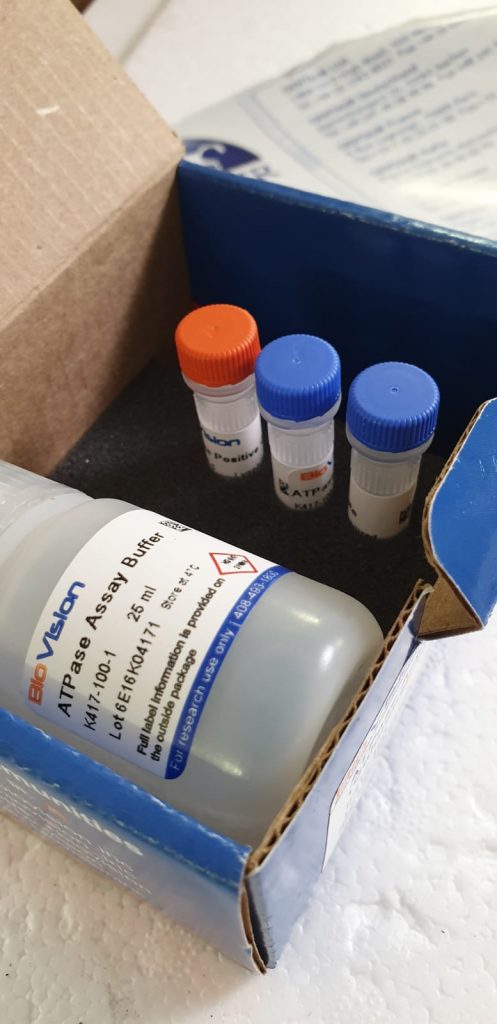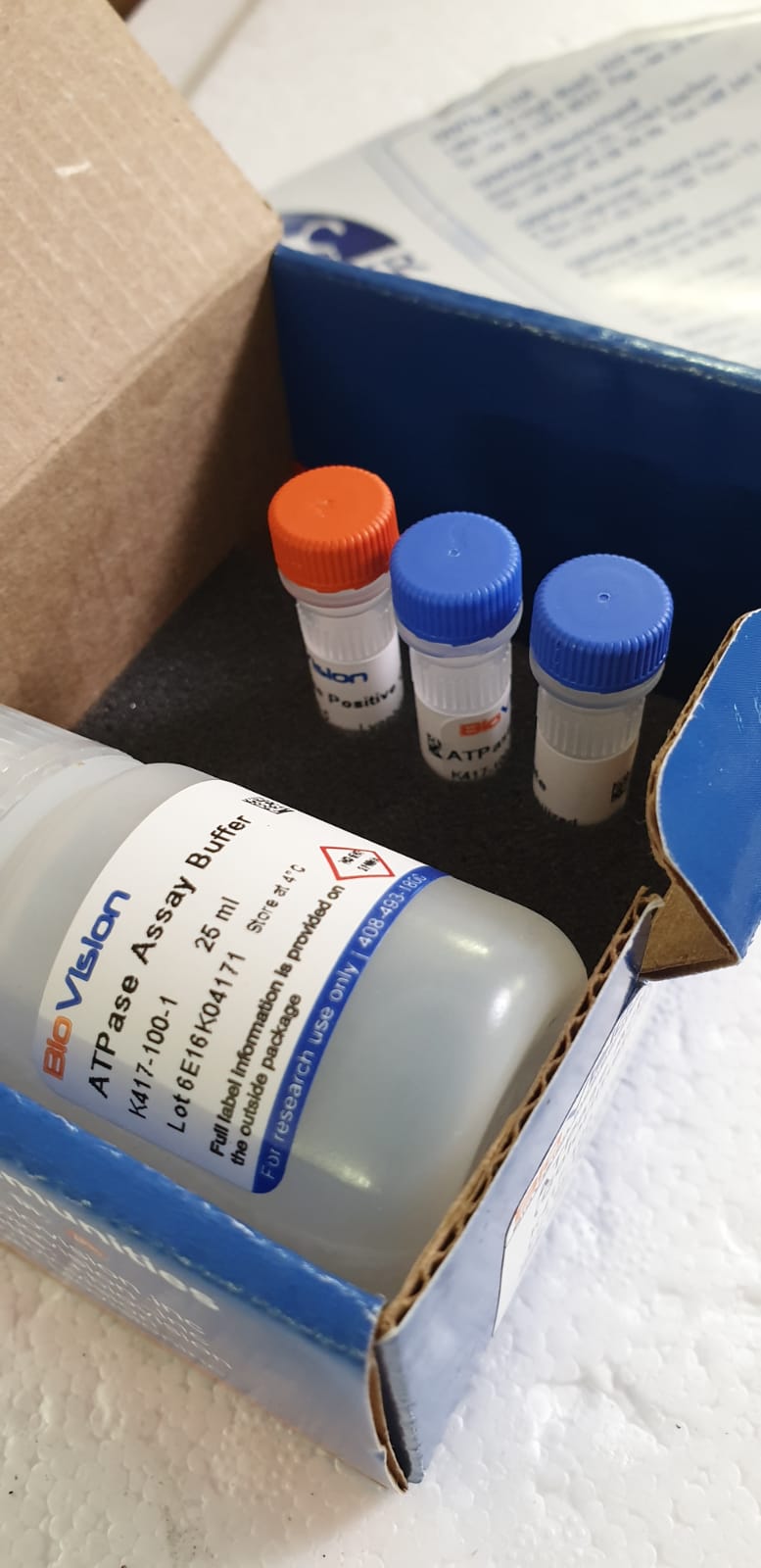Diagnostic accuracy of serological checks for covid-19: systematic overview and meta-analysis
Goal: To find out the diagnostic accuracy of serological checks for coronavirus disease-2019 (covid-19).
Design: Systematic overview and meta-analysis.
Knowledge sources: Medline, bioRxiv, and medRxiv from 1 January to 30 April 2020, utilizing topic headings or subheadings mixed with textual content phrases for the ideas of covid-19 and serological checks for covid-19.
Eligibility standards and information evaluation: Eligible research measured sensitivity or specificity, or each of a covid-19 serological check in contrast with a reference commonplace of viral tradition or reverse transcriptase polymerase chain response. Research had been excluded with fewer than 5 contributors or samples. Danger of bias was assessed utilizing high quality evaluation of diagnostic accuracy research 2 (QUADAS-2). Pooled sensitivity and specificity had been estimated utilizing random results bivariate meta-analyses.
Important consequence measures: The first consequence was general sensitivity and specificity, stratified by technique of serological testing (enzyme linked immunosorbent assays (ELISAs), lateral circulate immunoassays (LFIAs), or chemiluminescent immunoassays (CLIAs)) and immunoglobulin class (IgG, IgM, or each). Secondary outcomes had been stratum particular sensitivity and specificity inside subgroups outlined by research or participant traits, together with time since symptom onset.
Outcomes:
- 5016 references had been recognized and 40 research included. 49 danger of bias assessments had been carried out (one for every inhabitants and technique evaluated). Excessive danger of affected person choice bias was present in 98% (48/49) of assessments and excessive or unclear danger of bias from efficiency or interpretation of the serological check in 73% (36/49). Solely 10% (4/40) of research included outpatients.
- Solely two research evaluated checks on the level of care. For every technique of testing, pooled sensitivity and specificity weren’t related to the immunoglobulin class measured. The pooled sensitivity of ELISAs measuring IgG or IgM was 84.3% (95% confidence interval 75.6% to 90.9%), of LFIAs was 66.0% (49.3% to 79.3%), and of CLIAswas 97.8% (46.2% to 100%).
- In all analyses, pooled sensitivity was decrease for LFIAs, the potential point-of-care technique. Pooled specificities ranged from 96.6% to 99.7%. Of the samples used for estimating specificity, 83% (10 465/12 547) had been from populations examined earlier than the epidemic or not suspected of getting covid-19. Amongst LFIAs, pooled sensitivity of business kits (65.0%, 49.0% to 78.2%) was decrease than that of non-commercial checks (88.2%, 83.6% to 91.3%). Heterogeneity was seen in all analyses. Sensitivity was greater no less than three weeks after symptom onset (starting from 69.9% to 98.9%) in contrast with inside the first week (from 13.4% to 50.3%).
Conclusion: Larger high quality medical research assessing the diagnostic accuracy of serological checks for covid-19 are urgently wanted. At present, out there proof doesn’t assist the continued use of present point-of-care serological checks.

[Linking template=”default” type=”products” search=”Human Aldosterone CLIA Kit, 96 well plate” header=”3″ limit=”195″ start=”3″ showCatalogNumber=”true” showSize=”true” showSupplier=”true” showPrice=”true” showDescription=”true” showAdditionalInformation=”true” showImage=”true” showSchemaMarkup=”true” imageWidth=”” imageHeight=””]
Validation of a chemiluminescent assay for particular SARS-CoV-2 antibody
Targets Confronted with the COVID-19 pandemic and its influence on the supply and high quality of each therapeutic and diagnostic strategies, the Belgian authorities have determined to launch a process for extra analysis of the efficiency of serological checks supplied on the market on the nationwide territory.
This has been proposed with a double goal: (1) an in-depth verification of the analytical and medical performances introduced by the producer and (2) an economic system of scale when it comes to centralized validation for all of the laboratories utilizing the checks topic to analysis.
Strategies A retrospective validation research was carried out together with the serum of 125 sufferers to be able to decide the analytical and medical performances of the LIAISON®SARS-CoV-2 from DiaSorin® detecting anti-SARS-CoV-2 IgG and to check its medical efficiency with the enzyme-linked immunosorbent assay (ELISA) check from Euroimmun®, one of many first commercially out there checks permitting the detection of anti-SARS-CoV-2 IgA and IgG. Outcomes
The performances of the LIAISON®SARS-CoV-2 glad all of the acceptance standards and supplied “actual world” analytical and medical performances very near those reported by the producer in its insert package. Comparability between the LIAISON®SARS-CoV-2 and the ELISA technique didn’t reveal any distinction between the 2 strategies when it comes to sensitivities and specificities relating to the willpower of the IgG. Conclusions
This research experiences the validation of the LIAISON®SARS-CoV-2 permitting to detect IgG antibodies particularly directed in opposition to SARS-CoV-2. The analytical and medical performances are wonderful, and the automation of the check affords necessary charges, best for absorbing an extension of testing.
[Linking template=”default” type=”products” search=”Human Cerberus (CER) CLIA Kit, 96 well plate” header=”4″ limit=”186″ start=”1″ showCatalogNumber=”true” showSize=”true” showSupplier=”true” showPrice=”true” showDescription=”true” showAdditionalInformation=”true” showImage=”true” showSchemaMarkup=”true” imageWidth=”” imageHeight=””]

